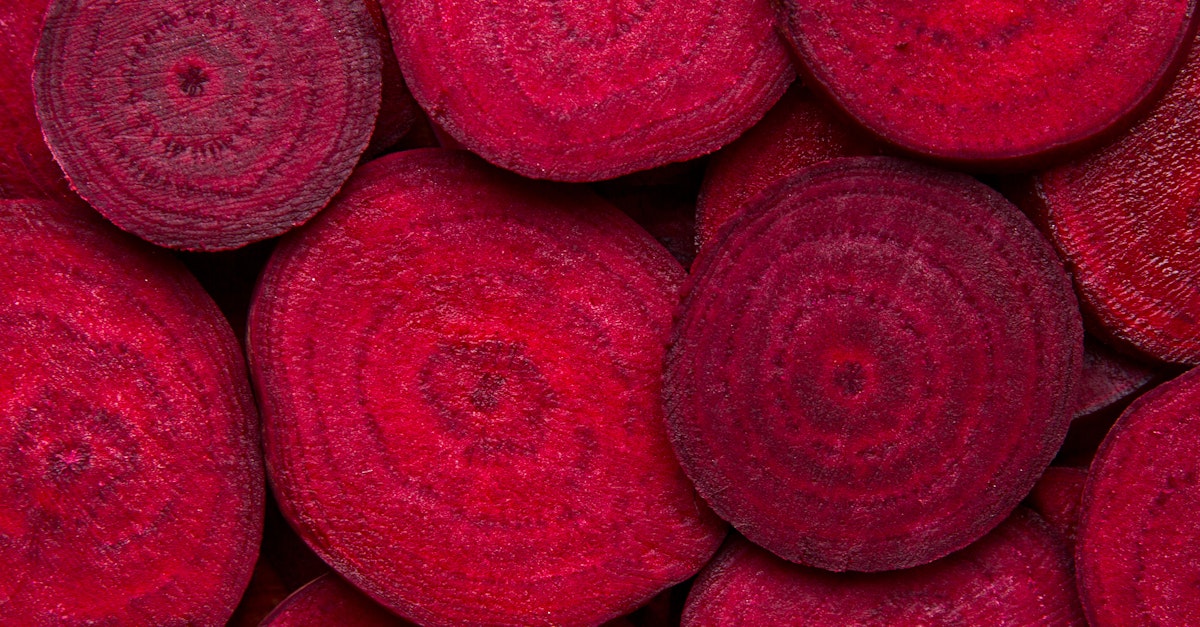What are oxalates, and should you avoid them?
There are claims that reducing oxalate intake can help prevent kidney stones, vaginal pain, autism, and more. But are these claims true, and what exactly are oxalates? Let's take a closer look.
Oxalates: What are they?
Oxalates, also known as oxalic acid, are naturally found in plants and are considered antinutrients.
Antinutrients can interfere with the absorption of nutrients in your body. However, it's important to note that not all antinutrients are harmful.
Some plants that contain high levels of oxalates include:
- Cocoa
- Spinach
- Rhubarb
- Beet greens
It can be challenging to completely eliminate oxalates from your diet due to their presence in many nutritious plants.
Health Concerns and Evidence
Oxalates are classified as antinutrients because they bind to minerals in your body, such as sodium, potassium, and calcium, preventing their absorption.
Consuming excessive amounts of oxalates can be harmful, and their toxicity has been known for centuries.
Studies have shown a link between a diet high in oxalates and the risk of kidney stones. However, recent research suggests that this risk is primarily significant for individuals with low calcium intake.
In fact, the binding of calcium to oxalates in the gut may actually help prevent kidney stone formation by preventing their absorption into the bloodstream.
Increasing calcium intake through whole foods like dairy products, soy, nuts, seeds, and calcium-set tofu may help mitigate the risk associated with high oxalate consumption.
Oxalates and Gut Bacteria
Certain gut bacteria, such as Oxalobacter formigenes, can break down oxalates, reducing the likelihood of issues associated with their consumption.
While a low-oxalate diet may be recommended for individuals at risk of kidney stones or other medical conditions, it may not be a significant concern for most people.
Further research is needed to determine the effectiveness of a low-oxalate diet for specific health conditions.
Oxalates and Vaginal Pain
Claims linking oxalates to vaginal pain have been questioned based on limited evidence. Studies have shown mixed results regarding the association between dietary oxalate consumption and vulvar pain syndrome.
While some studies suggest a potential link between oxalates and vulvar pain, more research is needed to establish a definitive connection.
Oxalates and Autism
The relationship between oxalates and autism is a relatively new area of research and remains theoretical. More studies are required to determine the impact of oxalates on autism spectrum disorders.
A groundbreaking study conducted in 2012 had a significant impact on the understanding of autism spectrum disorder (ASD). The research involved 36 children and adolescents with ASD and 60 control participants without ASD, matched for various factors.
The study revealed that children with ASD had significantly higher levels of oxalate in their blood compared to the control group, with levels three times higher.
While this discovery was surprising, it does not imply a direct causation between elevated oxalate levels and autism. Moreover, the study has not been replicated on a larger scale, raising questions about its validity.
Despite the lack of conclusive evidence, some experts suggest that individuals with ASD may have issues with oxalate metabolism. As a result, they propose exploring the potential benefits of a low-oxalate diet.
Although there is limited data supporting the effectiveness of this dietary approach, a survey conducted by the Autism Research Institute in 2009 indicated that some parents reported improvements in their child's behavior after implementing a low-oxalate diet.
It is essential to note that while some individuals may benefit from reducing oxalate intake, there is no indication that dietary oxalates contribute to the development of autism.
Who should consider limiting oxalates?
While oxalates found in plants are generally safe for most individuals, certain groups may be advised to reduce their consumption. This includes individuals with a family history of kidney stones, specific bowel conditions, primary hyperoxaluria, and those who have undergone weight-loss surgery.
What steps should you take?
Aside from the mentioned conditions, incorporating oxalates into a well-rounded diet is unlikely to pose any risks. In fact, many oxalate-rich foods offer essential nutrients like fiber, vitamins, minerals, and antioxidants, which are beneficial for overall health.
Contrary to recent media attention, consuming oxalates from plant sources is safe and supports long-term health for the majority of individuals.
